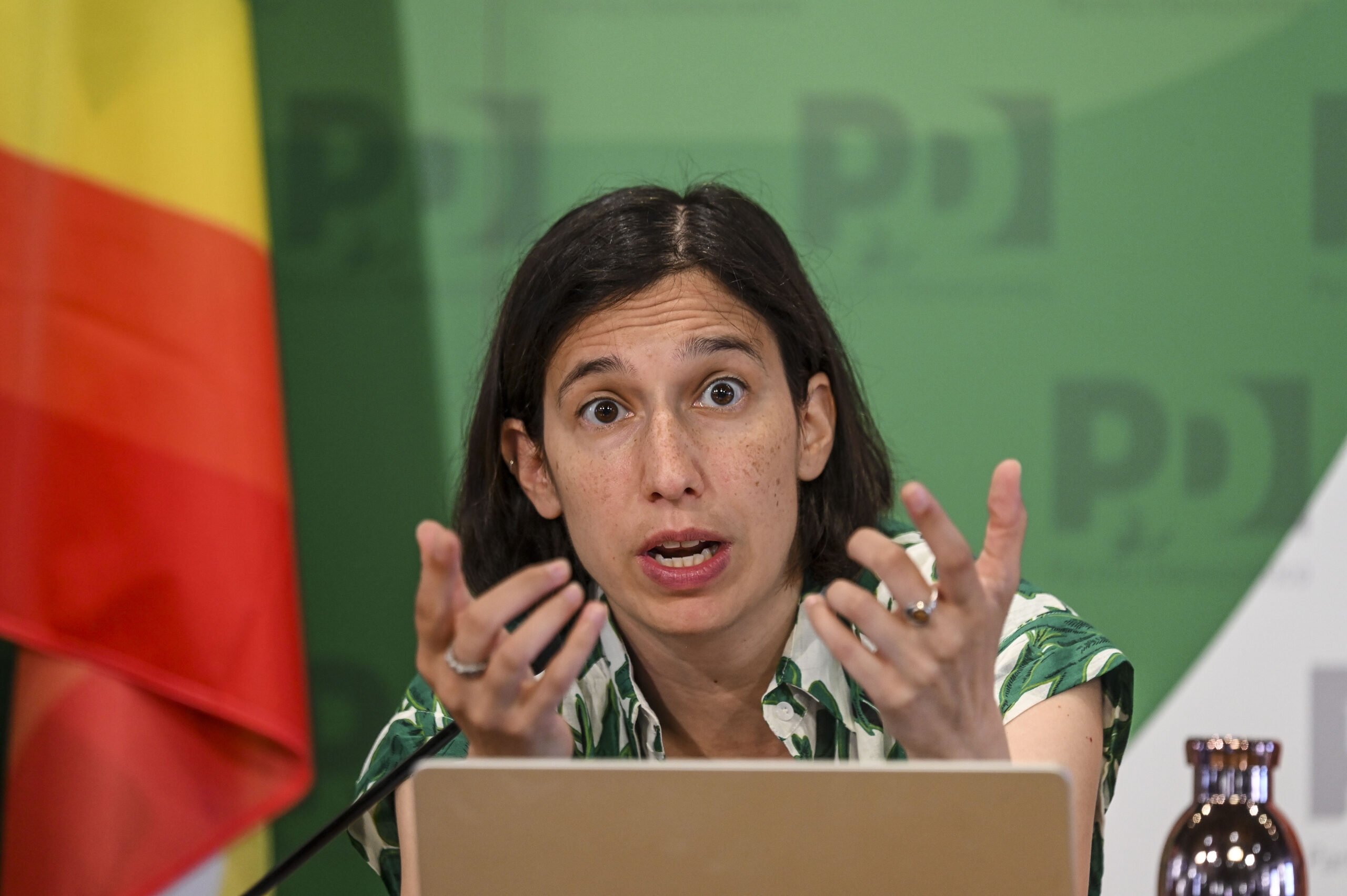The Democratic Party crashes on the Bologna massacre

Outcome and political significance of the opposing motions presented on the anniversary of the Bologna station massacre. Othello Catalani's commentary
"With enemies like that, what's the need for friends?" Who knows how many in the majority, and especially in Fratelli d'Italia, thought so when they saw the different outcome of the opposing motions presented on the anniversary of the Bologna station massacre. Because, beyond the objectives of the two presenters, Federico Mollicone (Fdi) and Andrea De Maria (PD), the result 170-117 certifies the different ability to maneuver of the two sides. As with the distrust of Tourism Minister Daniela Santanché (ended 111-67), there is no comparison between the compactness of the majority and the non-existent capacity of aggregation of the minority.
The theme of August 2 is so political that it can't go any further: the reading of the season of massacres, including the real or presumed deviations of the apparatuses, the agreements of the State with the Palestinian terrorists and the obstacles first to investigations and then to historical research. Which De Maria wants to entrust to the sentences that blame the fascists and Mollicone to the new documents that could exonerate them.
"In the motion – said De Maria announcing it on 1 August – we ask the government […] to adopt all the initiatives aimed at guaranteeing the peaceful and uninterrupted progress of the processes, which have not yet concluded". The reference is to the appeal process of Gilberto Cavallini, now in its final stages in Bologna, which saw the court refuse every request from the defence, to the point of pushing it to relinquish its mandate, claiming it was unable to carry it out. It is no coincidence that outside Parliament the preventive attacks for inclusion in the Consultative Committee for the declassification of documents of non-Orthodox historians or associations are multiplying.
The 3,265 words in seven pages of the 27 of FdI ask to digitize the documents, to add those collected by the parliamentary commissions of inquiry, to concentrate them in the Central State Archives and in general to make them more easily accessible. Suffice it to say that, unlike what happens for all the others, for those of the massacres at the ACS it is necessary to make an appointment and reproduction is prohibited, so much so that some transcribe them by hand as in the 19th century. For copies, for a fee, you have to wait weeks and in some cases even ask for the approval of the Ministry of the Interior. In FdI's vision, documents should be able to be viewed from one's home in Reggio Emilia or from a beach in Puglia, without having to come to Rome, without having to wait weeks or months for a PDF of a couple of sheets. Maybe without the obsession with paying image rights (yes, there's that too) when, to crush a controversy, you want to publish the original instead of the transcript.
There is also a difference in method. If De Maria champions a vision of opposing parties ("our truth against theirs"), Mollicone proposes to implement the "Copernican revolution" proposed in the XVIII legislature by the PD senator Gianni Marilotti: making everything automatically available after 30-40 years. In other words, De Maria "excludes" anyone who is not strictly PCI-PDS-DS-PD DNA (possibly from Bologna), while Mollicone is open to anyone who wants to read. The why is clear. There are those who fear that the documents will reveal elements that deny the attribution of the Bologna massacre to the fascists (which, moreover, yesterday, at 10.45, even the president of the Senate Ignazio Benito La Russa admitted) and those who instead hope for exactly the opposite , comforted by the albeit fragmentary evidence that emerges from the few and difficult to consult documents already available.
In a democracy, the difference of opinion is certainly legitimate. But in terms of political strategy it is suicide. If the oppositions have the right-duty to try to become a majority (for example at the European elections in June 2024), it follows the need to achieve results that indicate the goodness of the proposed path. If the result is 170-117, only the 'inability to weave alliances of purpose that turn into pitfalls for the government.In this way the minority looks like the child who believes himself to be transgressive because he sticks his tongue out at the teacher.
On 2 August in Montecitorio it was half a Caporetto. At the time of the vote, the majority accepted part of the De Maria motion, but rejected the request for political protection of the judges which the government was willing to accept for a quiet life. The sentences will have to stand on their own ability to convince, without any government stamp of "state truth". If it's not the Italian gesture of the umbrella, we're close.
This is a machine translation from Italian language of a post published on Start Magazine at the URL https://www.startmag.it/mondo/il-pd-si-schianta-sulla-strage-di-bologna/ on Thu, 03 Aug 2023 12:16:22 +0000.
